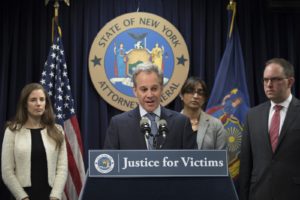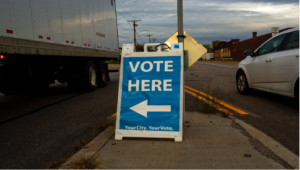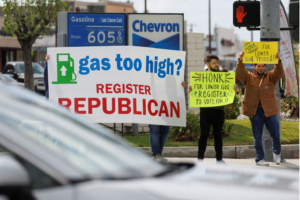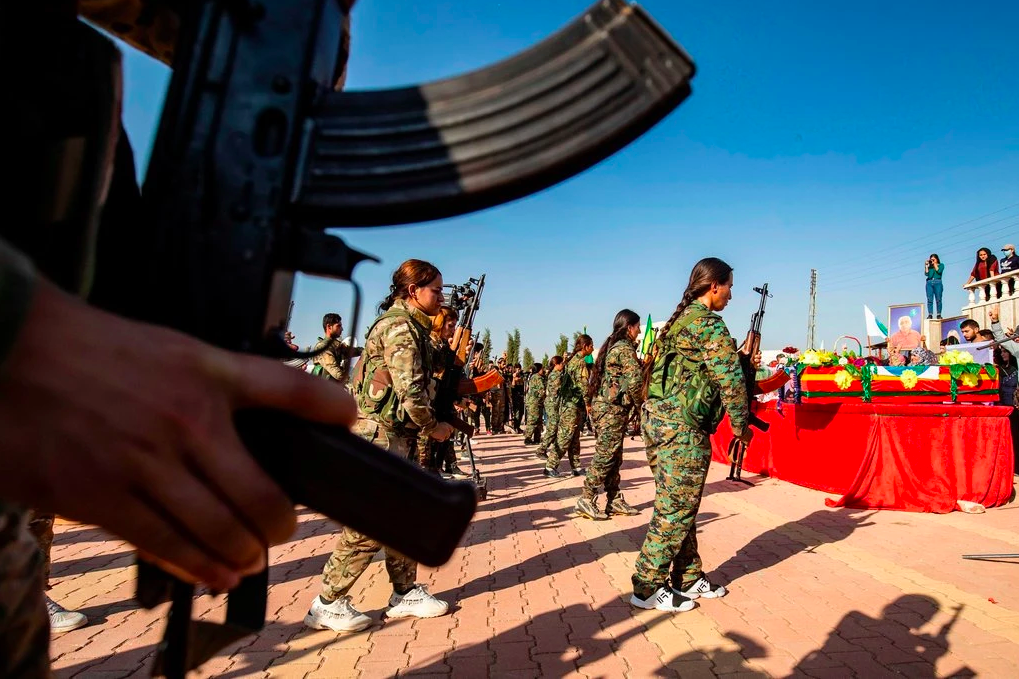
Last week Turkey launched a large scale military assault against a Syrian militia largely comprised of Kurdish fighters. The attack comes only days after President Donald Trump announced the retreat of U.S. troops from northeast Syria, where U.S. backed-Kurdish forces were instrumental in the defeat of the Islamic State and the further containment of IS fighters. Some call the retreat and subsequent indifference to Turkey’s attack from the largely Kurdish region an outright betrayal of the Kurds.
Who are the Kurds?
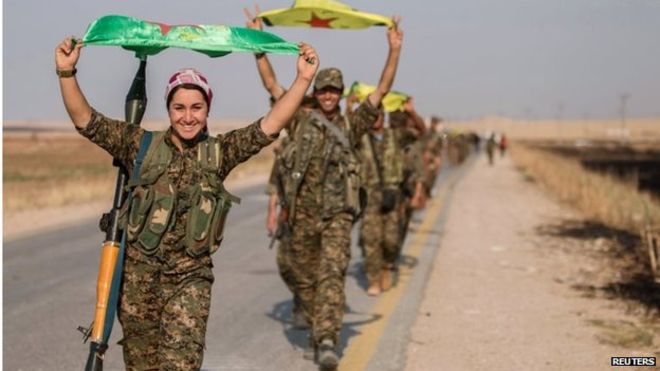
The Kurds are a majority Muslim, indigenous, ethnic group from the Mesopotamian region in the Middle East with a distinct language and cultural tradition. A Kurdish nationalist movement blossomed in the early 20th Century when the dissolution of the Ottoman Empire created a power vacuum and conditions ripe for the creation of new nation-states. Alas, Kurdistan never became its own nation. The 1923 Treaty of Lausanne completely disregarded the previous provisions for a Kurdish state from the 1920 Treaty of Sevres and over the next 80 years, “any move by Kurds to set up an independent state was brutally quashed.” Kurds remain scattered across Iraq, Syria, Iran, and even comprise one-fifth of Turkey’s population. Turkey denies their existence, Syria denies them citizenship, and Iraq and Iran heavily suppress them.
What is the Kurdistan Workers’ Party (PKK)?
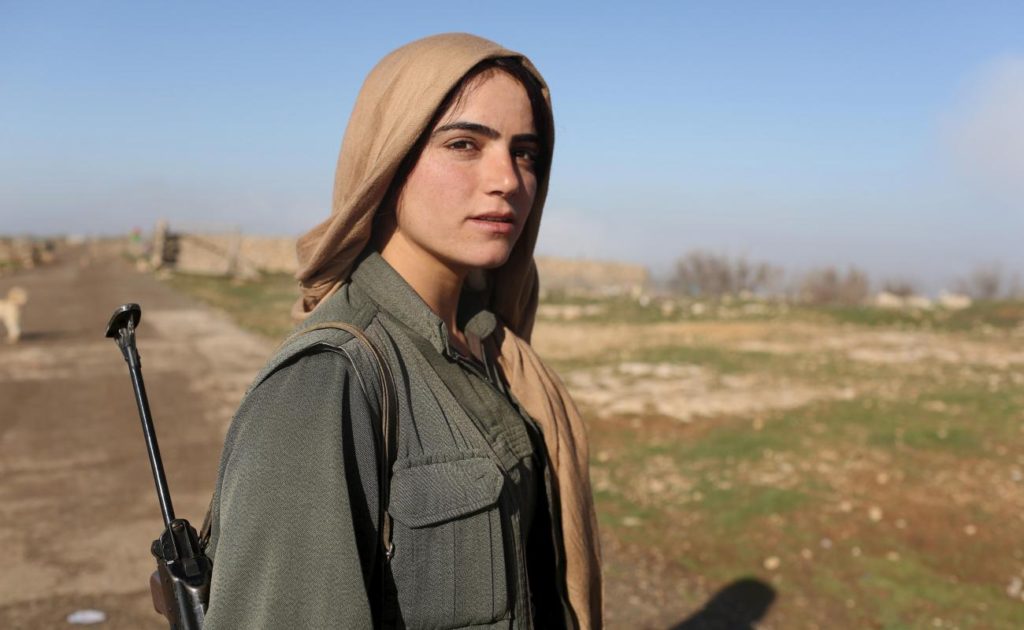
After decades of violent suppression, especially at the hands of the Turkish government, the Kurdistan Workers’ Party, also known as the PKK, was created in 1984. It has a presence in both Turkey and Iraq. The far-left militant and political organization finds its roots in revolutionary socialism and Kurdish nationalism, but because of frequent and violent clashes, it is considered to be a terrorist organization by Turkey, the U.S., and most of the European Union. Crisis Group estimates that the PKK conflict has killed around 30,000-40,000 people since 1984, many of which have been Kurdish civilians.
What is the People’s Protection Unit (YPG)?
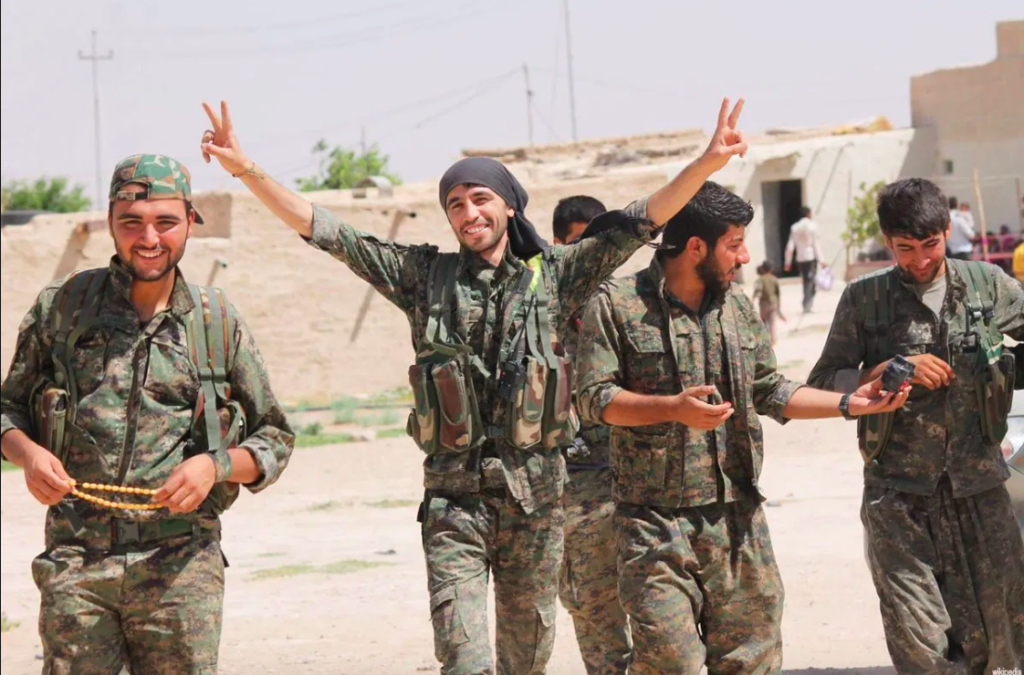
The People’s Protection Unit, also known as the YPG, is a majority-Kurdish armed group formed in 2004 in Syria. They are the armed wing of the Syrian Kurdish Democratic Union Party (PYD) and the main force behind the Syrian Democratic Forces. The YPG has been an essential ally to the U.S. during the fight against the Islamic State. At the height of ISIS’s power in January of 2015, the U.S.-backed YPG forces won big during the Siege of Kobani and managed to oust ISIS from the city and bordering villages. Turkey watched at the “budding alliance with increasing alarm.”
What’s the history of U.S.-Kurdish relations?
Kurdish support of U.S. military actions in the region didn’t start with the fight against the Islamic State. Bilal Wahab, a fellow at the Washington Institute, told NPR that “the Iraqi-Kurdish Peshmerga was instrumental not only in the fight against ISIS,” but also in the toppling of Iraq’s Saddam Hussein in 2003. Going even further back in history, after former President George H. W. Bush called for a Kurdish uprising against Hussein’s regime the Kurds mobilized into action. The operation backfired, however, Hussein violently suppressed the protests, and the U.S. didn’t come to the Kurds’ aid. According to Wahab, this resulted in a “massive exodus to the mountains.”
How is the U.S. involved?
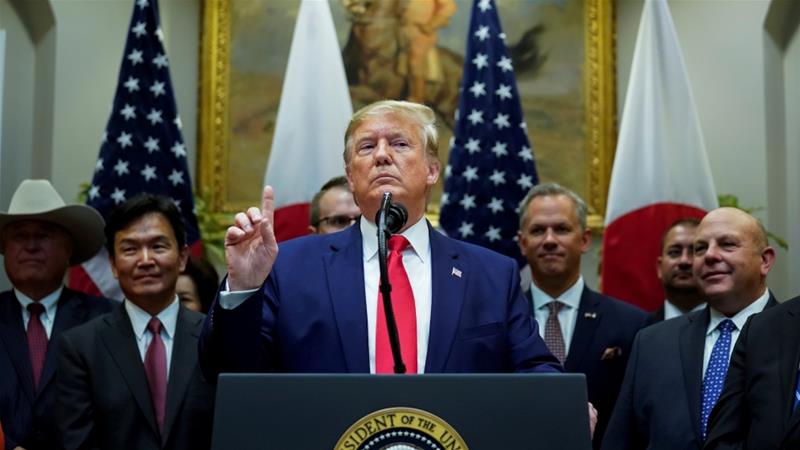
When President Donald Trump in February declared ISIS a “100 percent” defeated, the U.S. was considering a withdrawal of its forces from Syria and Iraq (with the discrete caveat of just shifting them to Saudi Arabia instead). There were many concerns about a U.S. withdrawal, mostly due to the prediction that such an action would give Turkey a green light for attacking the Kurds, which, as we saw last week, is exactly what happened. In turn, the YPG have turned for help to the U.S.’s foe and Russia’s ally, Syrian President Bashar al-Assad, an alliance that is sure to further complicate things. Meanwhile, back in Washington, the U.S. is planning to apply sanctions on steel imports from Turkey, furthering Turkish frustration.
These recent developments might signal a complete dismantling of U.S.-Kurdish ties. The U.S. and Turkey have been NATO partners for years. At the same time, the U.S. has condemned the PKK as a terrorist organization but has also found an ally in the YPG in the fight against ISIS. And although U.S. officials for years claimed that these organizations were entirely separate, in April of 2016 American Defence Secretary confirmed “substantial ties” between PKK and YPG. With the YPG turning to Assad for help, it seems that maybe a U.S.-Kurdish relationship will be very difficult, if not impossible, to maintain henceforth.
An old Kurdish proverb goes: “The Kurds have no friends but the mountains.” This seems eerily pertinent right now.
Jana Cholakovska
This article was done with the help and reporting of Doug Braff, a copy editor and writer at “In the Zeitgeist”.

